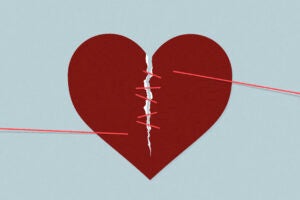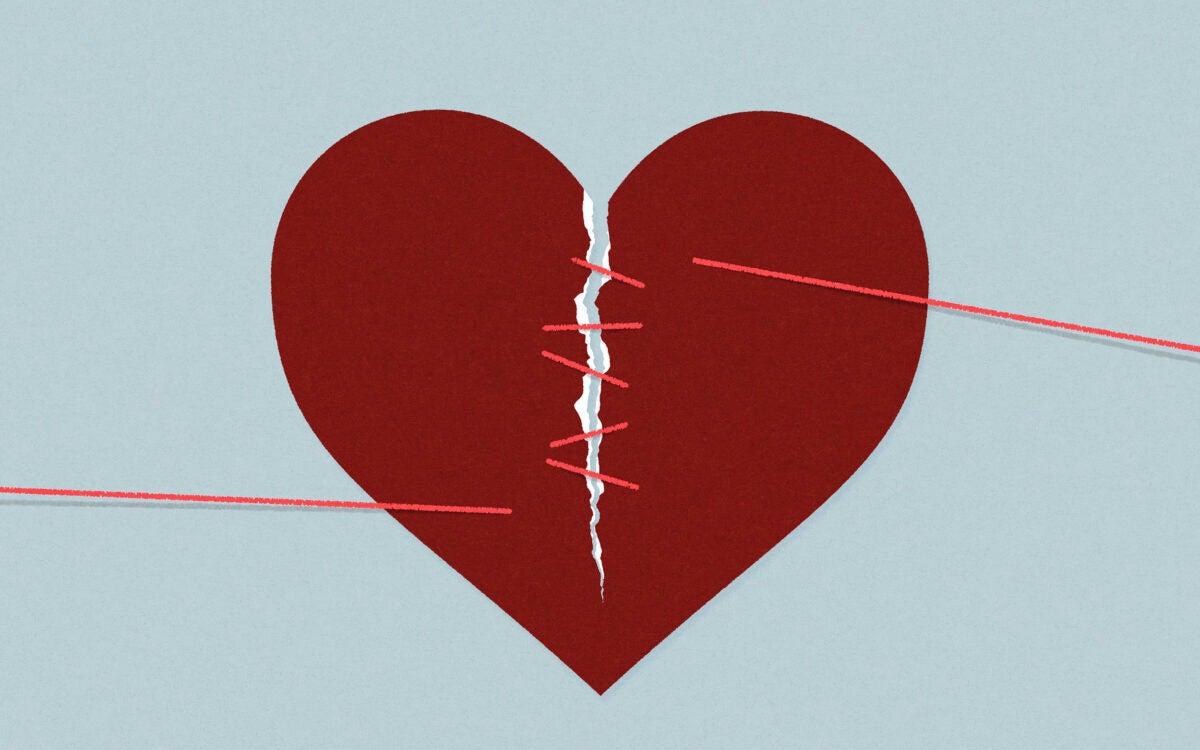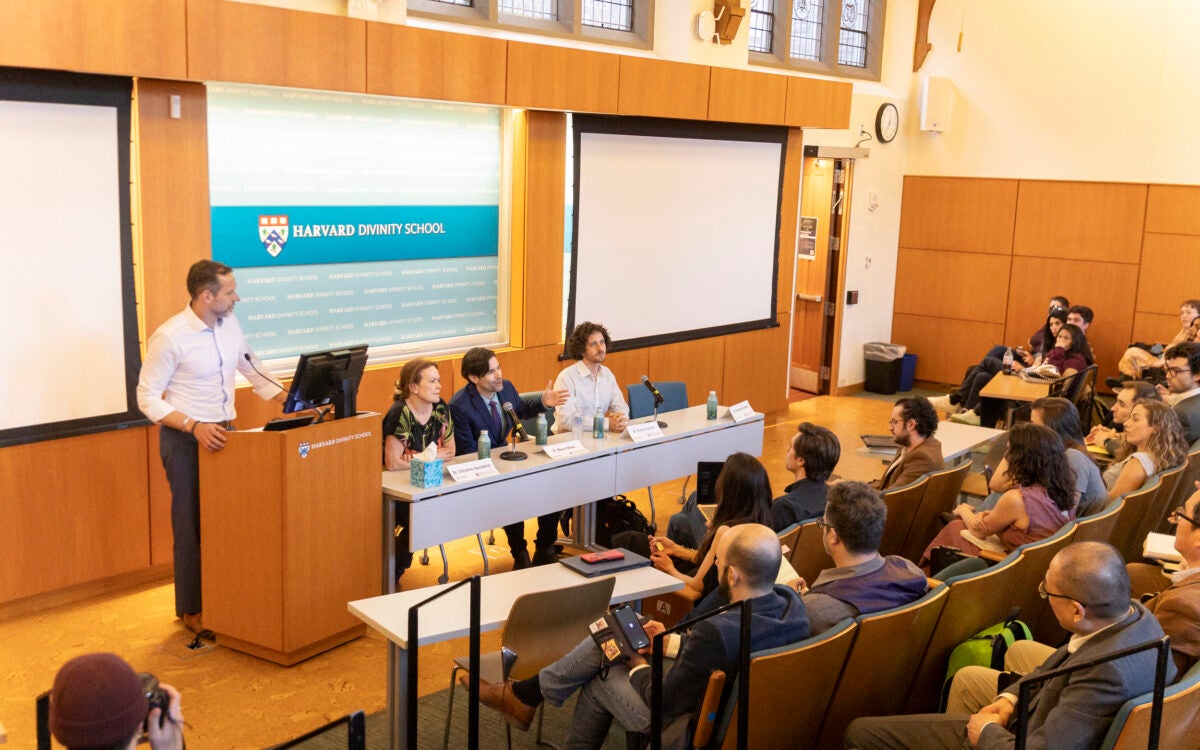Animal study demonstrates carbon monoxide may help heart patients
Toxic gas may have a protective role
Restenosis — reclogging of the heart’s arteries — is a vexing problem for patients who have undergone balloon angioplasty for the treatment of coronary heart disease. The condition apparently develops as a result of the angioplasty itself, in which a balloon is inserted inside the artery in order to widen the clogged vessel. If, during the procedure, the cells lining the vessel are damaged, they may become inflamed and multiply, reblocking the artery. “The net result is that blood flow is decreased — and in some cases stopped altogether — potentially leading to a heart attack or to organ rejection,” explains Miguel Soares of the Immunobiology Research Center at Beth Israel Deaconess Medical Center (BIDMC) and instructor of surgery at Harvard Medical School (HMS). The paradoxical idea that the poisonous gas carbon monoxide might prevent this dangerous turn of events is rooted in animal studies co-authored by Soares and Fritz Bach, director of BIDMC’s Immunobiology Research Center and Lewis Thomas Professor of Surgery at HMS. The researchers discovered that by administering very small doses of carbon monoxide one hour prior to inducing a “balloon-like injury” in the carotid vessels of the mice, the development of arteriosclerotic lesions was reduced by 60 to 80 percent.




